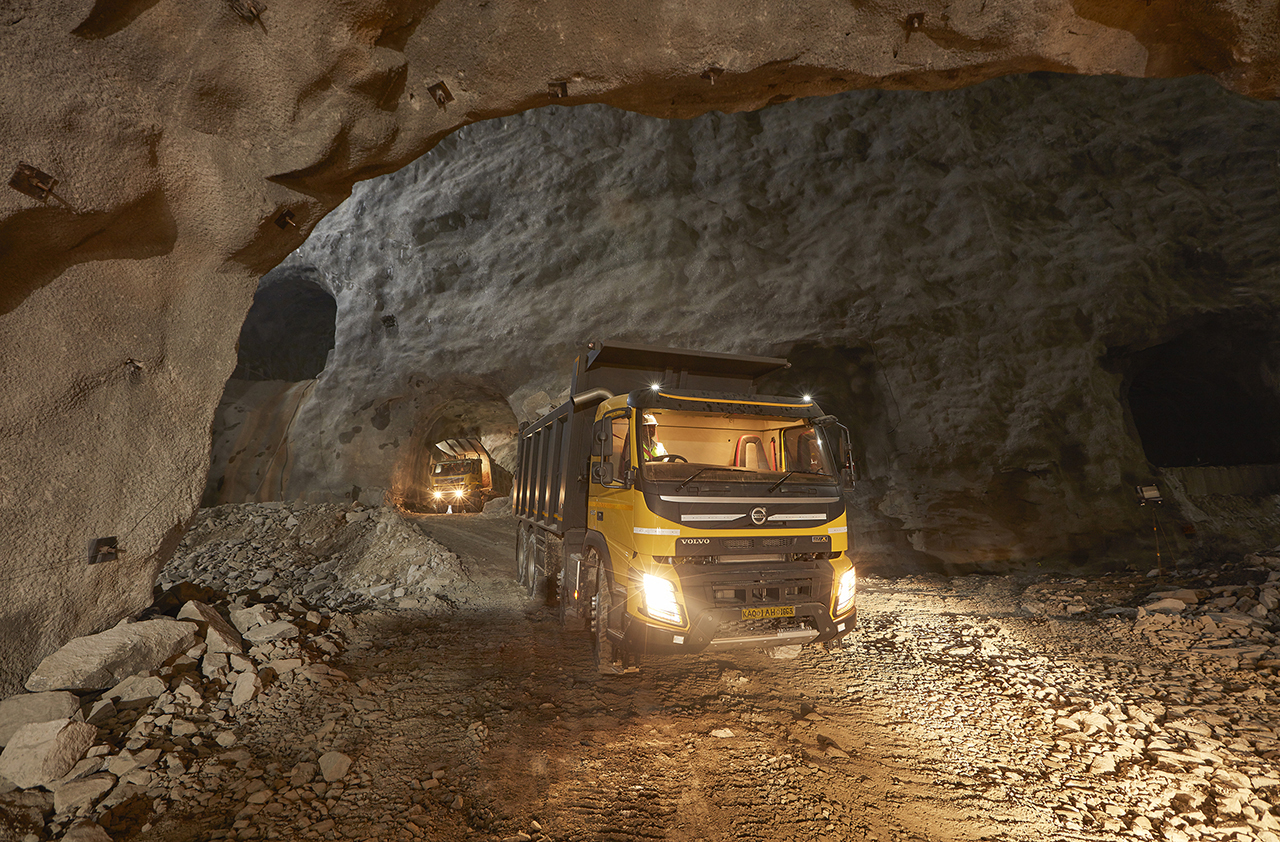Heightened focus on infrastructure spend, particularly in the road infrastructure segment, has led to a sharp scale up in volumes since July 2020, resulting in 20%+ YoY growth during the July-January 2021 period
Ratings agency ICRA has revised the outlook on the construction equipment (CE) sector to ‘stable’ from ‘negative’, following strong ramp up in volumes. Heightened focus on infrastructure spend, particularly in the road infrastructure segment, has led to a sharp scale up in volumes since July 2020 (20%+ YoY growth during the July-January 2021 period). The various underlying factors supporting healthy revival in industry volumes over the last few months include sharp increase in the awarding and execution pace of road construction, increased focus on rural infrastructure, strong rural volume off-take for equipment on the back of second consecutive good monsoon, improving demand from railway and mining segments, and the regular payment flow from the government to contractors.

Demand has also been supported by steady inflows from the central government on infrastructure spend, particularly on roads, even though state infrastructure expenditure has been severely curtailed and diverted to the pandemic management.
Commented Pavethra Ponniah, Vice President and Sector Head, ICRA: “Following a sharp correction in unit sales in Q1 FY 2021, CE OEM volumes have recovered sharply since, supporting industry credit profile. Raw material price hikes, particularly for steel, have however had an impact on profit margins. OEMs have and are expected to take further price hikes to pass on these cost pressures.”
Two critical demand headwinds in the coming quarters are the continued limited fiscal bandwidth with state governments to invest in infrastructure and the price hikes following the upcoming emission norm change in April 2022 (sale of vehicles post April 2022 and production post October 2021 to be in accordance with new norms TREM IV). “State governments are key contributors to the infrastructure activity in the country. Modest growth in SGST collections, delays in receipt of GST compensation, and the reduction in the central tax devolution to the states in FY2020 below the level budgeted by the Government of India have complicated the liquidity management of the state governments. This could potentially derail the equipment industry as it slows down infrastructure investment,” added Pavethra.